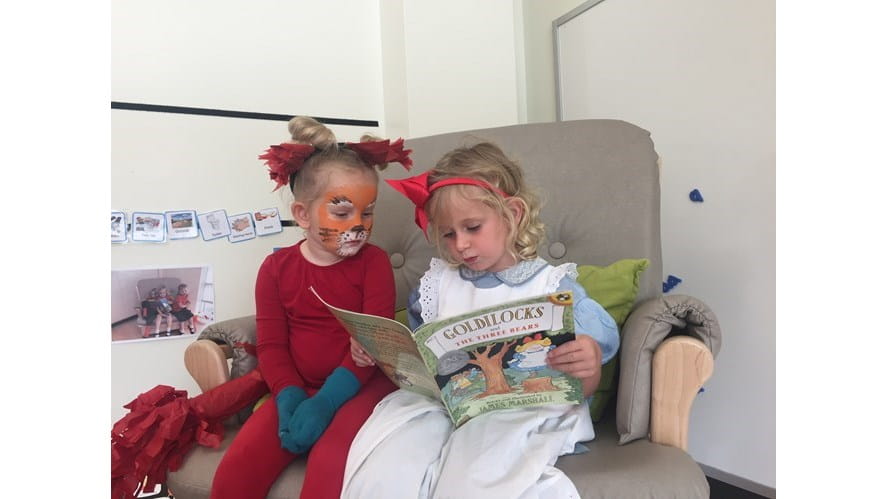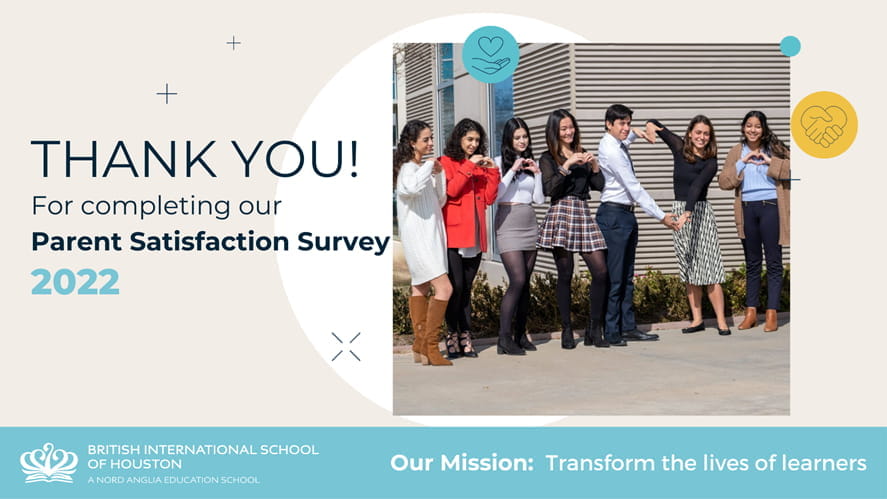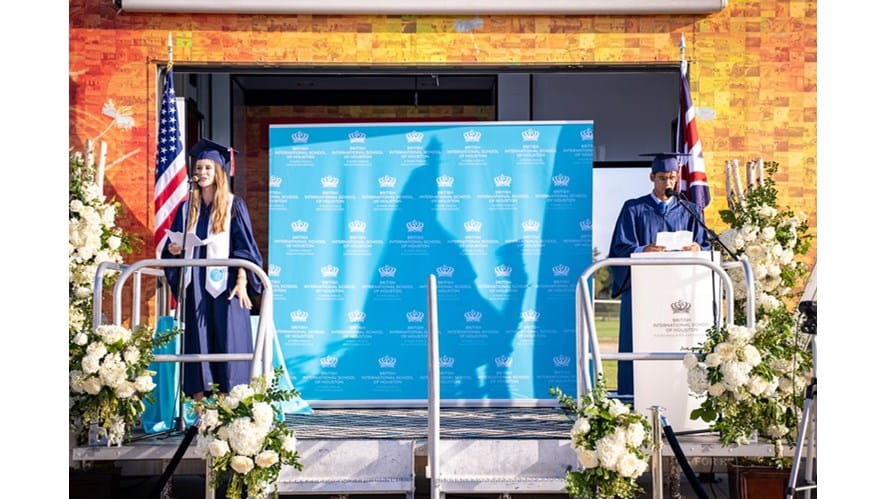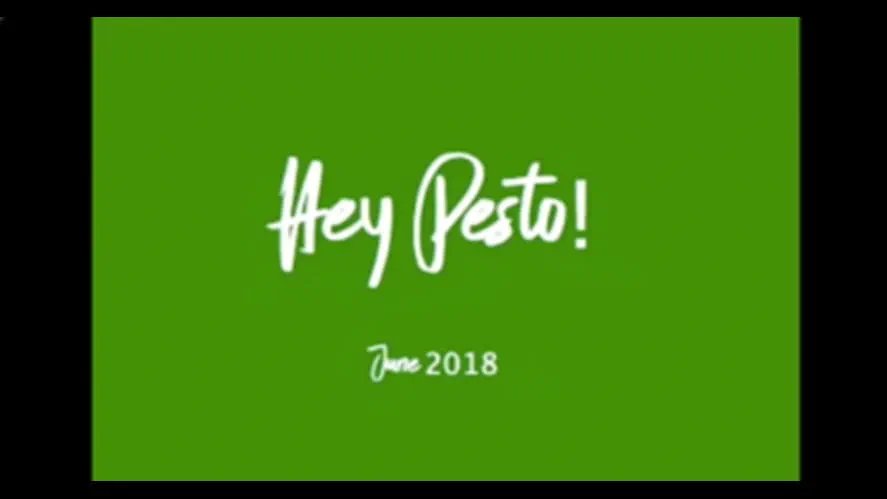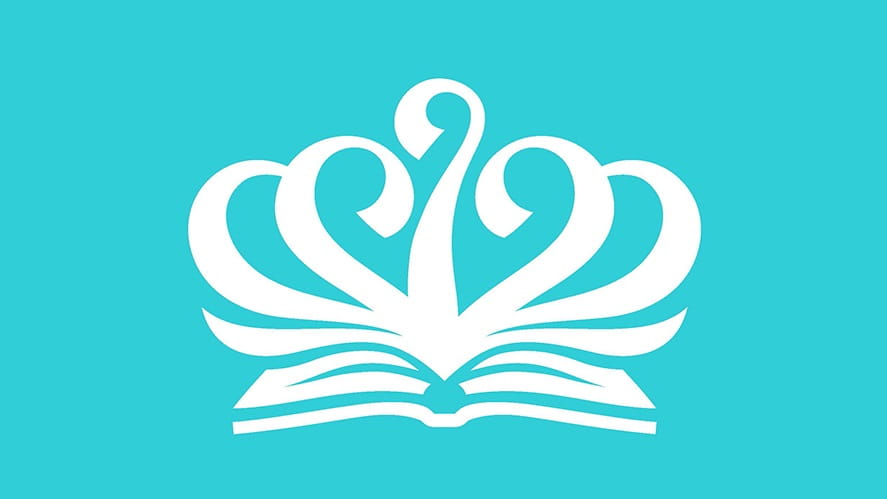If there were no books, I would be super sad!
Today the children were invited to come to school dressed as a character from one of their favorite books.
Today the children were invited to come to school dressed as a character from one of their favorite books.
In the spirit of this day, I asked the children to tell us about one of their favourite books. The children were enthusiastic in their responses:
“The worm book, because I like worms.”
“My favorite books are ‘Don’t let the pigeon drive the bus’. I like pigeons and buses.”
“My favorites are, I like the spoon one and the pigeon one and the worm one. The pigeon one is super funny.”
“My favorite book is ‘Spoon’. It’s kind of interesting. Spoons are interesting.”
“I like super hero books.”
“I like books about riding cars and motor cycles.”
“My favorite book is the pigeon book because it is so funny.”
‘I like to have a collection. This is the book about football. This is the book about house. This is the book about car. This is the book about alphabet. This is the book about monster trucks. This is the book about rocket ship. This is the book about oranges. This is the book about raspberries. This is the book about bones. This is the book about trees. This is the book about buildings. All different books.”
“ I like ‘Ketchup on your cornflakes’ because there’s a hat on top of your cornflakes. It’s fun.”
“My favorite book is ‘Where is my butterfly?’ I don’t like scary ones because they make me sad, funny stories make me laugh.”
“I like ‘This book just ate my dog’. I like it because it is very funny.”
What do you think it would be like if there were no books in the world?
“I would be sad because we having nothing to read. Sad because I like reading.”
“We wouldn’t learn to how to read.”
“We wouldn't learn that much.”
“I would be super sad and because we then we wouldn't know anything about information and it would be very sad because we would never know words.”
“If there were no books I would be sad and you can’t learn any words in your whole entire life.”
“If there were no books you are not going to know anything about stuff.”
“We be sad because we don't learn so much.”
Then the conversation turned and as they always do, the children found a solution. They suggested that they could just make some books.
“You could just make a book if you want to read a book. I would write a Pokemon book.”
“I thought about books and some clues came out of my head. Some ideas came out of books to give me ideas and then I have a more even bigger clue so I made a book.”
“If all the books were gone, then I had all my ideas, so I had to make books for all the other children. I made the books and all the children were happy again because they can read books again.”
This was a delightful discussion to witness. The children showed that they already knew a lot about stories and authors and were able to express their opinions and preferences.
The ways in which the children have been delightedly talking about their favourite books, of which there are many, reminded me of the work of Mem Fox. Mem Fox is an Australian writer of children's books and an educationalist specialising in literacy. She writes about the love of reading being closely connected to the love of being read to by someone you love. And if we can help along the bonding between parents and children through books, then this will also help along the bonding between children and literature. Stories connect us to our lives.
Sharing stories is not just about learning to read, it is about relationships, both between adults and children as they read together and between children and those characters they meet in the text. The brain plays an important role in learning to read. But the heart and the role that emotional factors play in the development of literacy is an intangible, affective influence of reading. The sorts of books written by writers whom children love are funny and sad and outrageous and beautiful; they make children feel, they provide information, and they’re wonderfully entertaining. The interconnecting relationships threading together books, children, characters and adults make a loving circle.
I wonder what your favorite book is?



